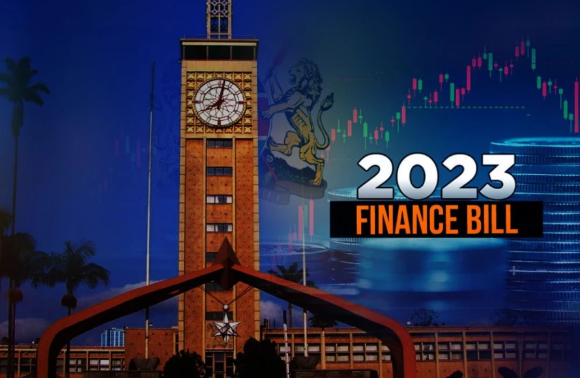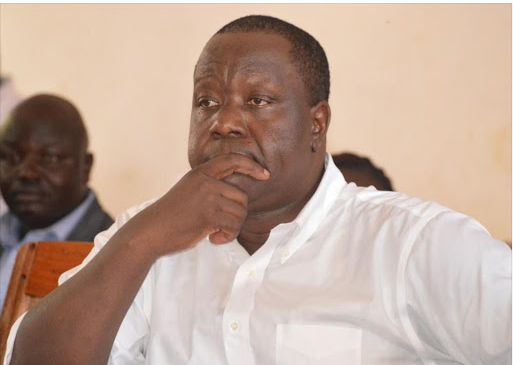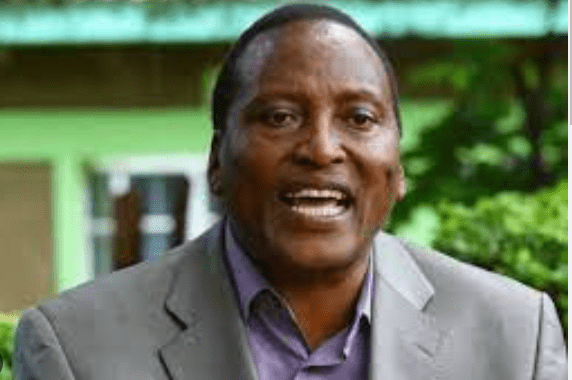Taxes Collected From Petrol Match Fuel Subsidy Payments From May

This reflects the fiscal difficulties brought on by the fuel price stabilization system, whose future has been hinted at by the National Treasury as being uncertain.
“We collect in this country on taxes on fuel about Ksh.23 billion to Ksh.24 billion. Last month, we paid the oil industry Ksh.21 billion. This means you are pretty much getting your fuel tax free in Kenya,” stated Petroleum Principal Secretary Andrew Kamau on Thursday.
A further Ksh.17 billion is expected to be distributed to oil marketers under the program this month, according to Energy Cabinet Secretary Monica Juma, who revealed the fuel subsidy has consumed Ksh.67 billion over 11 months to the end of May.
The exchequer had previously said that the subsidy had become unsustainable and that it ran the risk of using up its whole Ksh. 100 billion budget over the fiscal years 2021–2022 and 2022–2023.
The government paid oil merchants Ksh.26.35, Ksh.43.94, and Ksh.50.32 for each litre of super petrol, diesel, and kerosene sold during the fuel pricing cycle from May 15 to June 14.
This is because rising fuel costs have increased the price of gasoline, diesel, and kerosene in Nairobi’s capital city to Ksh. 150.12, Ksh. 131, and Ksh. 118.94, respectively.
The government has agreed to pay oil merchants Ksh.25.56, Ksh.48.19, and Ksh.42.43 for each litre of gasoline, diesel, and kerosene sold during the current pricing cycle, which runs through July 14.
Super petrol cost Ksh.159.12, diesel Ksh.140, and kerosene Ksh.127.94 in Nairobi on June 14, setting a new record high for gasoline prices.
In the event that the high international fuel price does not decrease, Kenyans will no longer benefit from the fuel subsidy, which has protected them from even greater fuel expenditures.
For instance, without the subsidy, a litre of gasoline, diesel, or kerosene in Nairobi would cost Ksh. 184.68, Ksh. 188.19, or Ksh. 170.37.
PS Kamau claims that even if the fuel price stability system has been discontinued, Kenyans have nevertheless benefited from some relief from controlled prices during the past two years.
“Something has to suffer. When you run a budget, when you have to do one thing, something else is going to suffer because you only have a fixed income,” he added.
“We as Kenyans have to recognize that we have reaped quite a big benefit in the last one year on the low prices experienced.”

 The Road to Victory: President Ruto’s Triumph in the August 2022 General Election
The Road to Victory: President Ruto’s Triumph in the August 2022 General Election  Finance Bill 2023- The Benefits
Finance Bill 2023- The Benefits  How Small Businesses Can Use AI to Increase Sales In Kenya
How Small Businesses Can Use AI to Increase Sales In Kenya  Not Today; Matiang’i’s Lawyer Says His Client Will Not Appear Before DCI Today
Not Today; Matiang’i’s Lawyer Says His Client Will Not Appear Before DCI Today  Senator Onyonka Urges President Ruto To Be Careful On How He Handles Matiang’i’s Case
Senator Onyonka Urges President Ruto To Be Careful On How He Handles Matiang’i’s Case  Form One Student Beaten To Death By Teachers Over Alleged Physics Exam Cheating
Form One Student Beaten To Death By Teachers Over Alleged Physics Exam Cheating